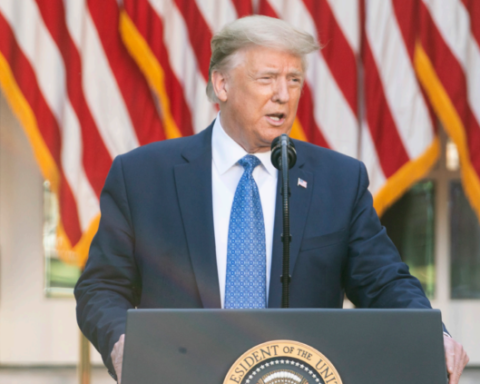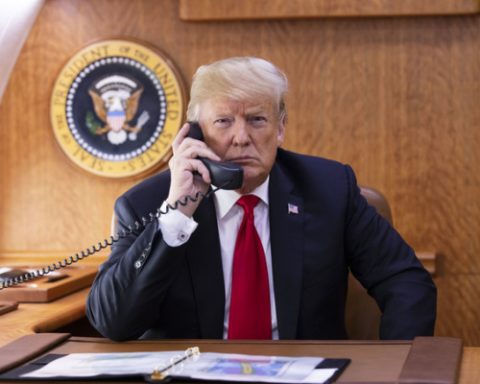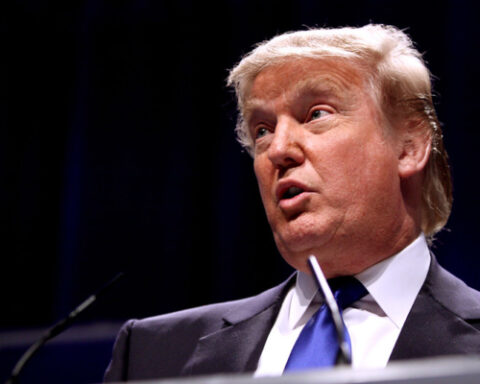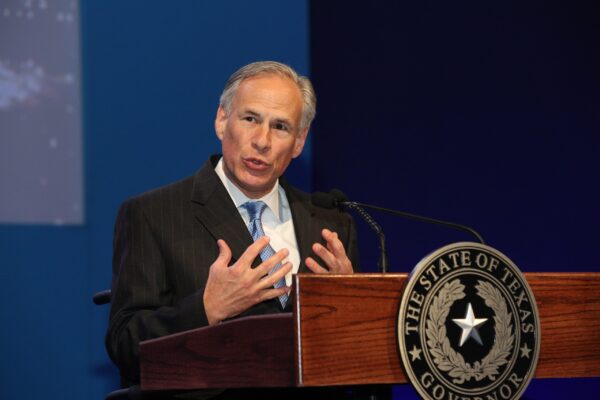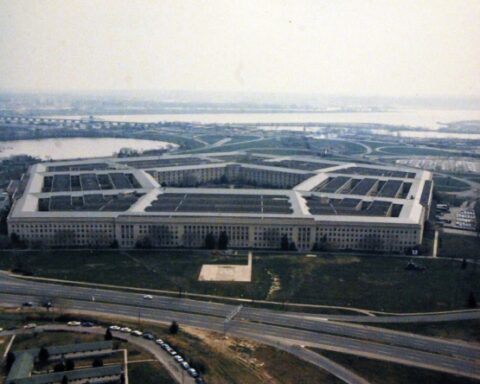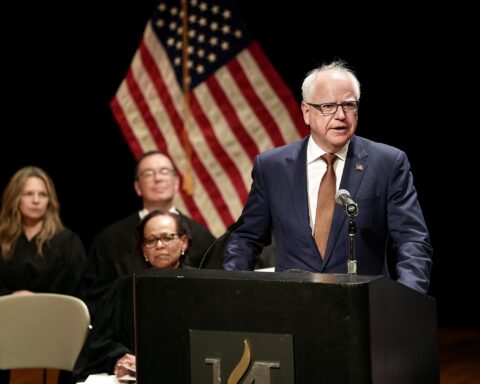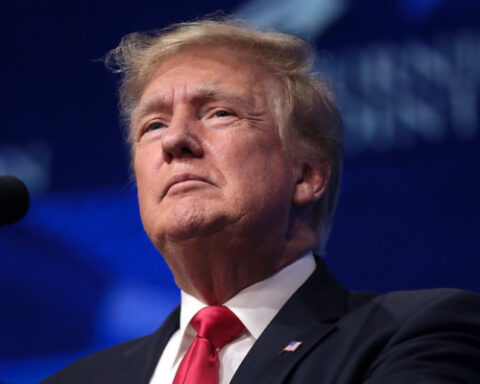In a significant win for the Trump administration’s efforts to reform the federal bureaucracy, a federal appeals court on Friday reportedly lifted a lower court injunction that had blocked President Donald Trump’s executive order limiting union bargaining rights for federal employees involved in sensitive national security work.
The ruling, handed down by a three-judge panel on the 9th Circuit Court of Appeals, reversed a previous decision by U.S. District Judge James Donato.
The panel — which included two Trump-appointed judges and one appointed by President Barack Obama — unanimously found that Trump’s March executive order was not retaliatory and was within the legal authority of the executive branch.
Rejecting the argument put forward by six federal labor unions, including the powerful American Federation of Government Employees (AFGE), the court wrote that the president “would have taken the same action even in the absence of the protected conduct.”
The judges noted that the agencies impacted by the executive order “have primary functions implicating national security” and are not covered under the 1978 Federal Service Labor-Management Relations Statute, which established union bargaining rights for most federal workers.
Trump’s executive order had aimed to streamline agency operations and ensure flexibility in departments tied to national defense and intelligence gathering—areas where the president has long argued that union constraints are incompatible with operational readiness.
A separate ruling by a federal judge in Waco, Texas, had previously denied the administration’s broader authority to unilaterally cancel existing collective bargaining agreements, but Friday’s appellate decision clarified that the president’s order was valid for specific agencies tied to security functions.
Predictably, the AFGE and other public sector unions criticized the decision in political terms. “President Trump’s latest executive order is a disgraceful and retaliatory attack on the rights of hundreds of thousands of patriotic American civil servants,” said AFGE National President Everett Kelley, claiming the administration’s actions are rooted in “bullying tactics” and a desire to suppress opposition to its policies.
Kelley noted that nearly one-third of federal workers are veterans and decried the move as a threat to democratic freedoms. Still, the decision represents a major setback for federal unions, which have long fought to entrench their bargaining privileges in government agencies, including those critical to national security.
A 2024 AFGE report boasted that one in two new federal hires is joining a union—a figure sharply out of step with the private sector, where union membership sits at just 6 percent.
The contrast underscores the broader political battle over the size, power, and accountability of the federal workforce—an issue that remains central to Trump’s agenda heading into 2025.
While the court urged the administration to pause further action until pending litigation concludes, the decision affirms what Trump allies have long maintained: that the president has both the authority and the obligation to reshape a federal bureaucracy many conservatives view as bloated, unaccountable, and deeply politicized.
[READ MORE: Cuomo Blasts Mamdani’s Far-Left Rhetoric on Police]


